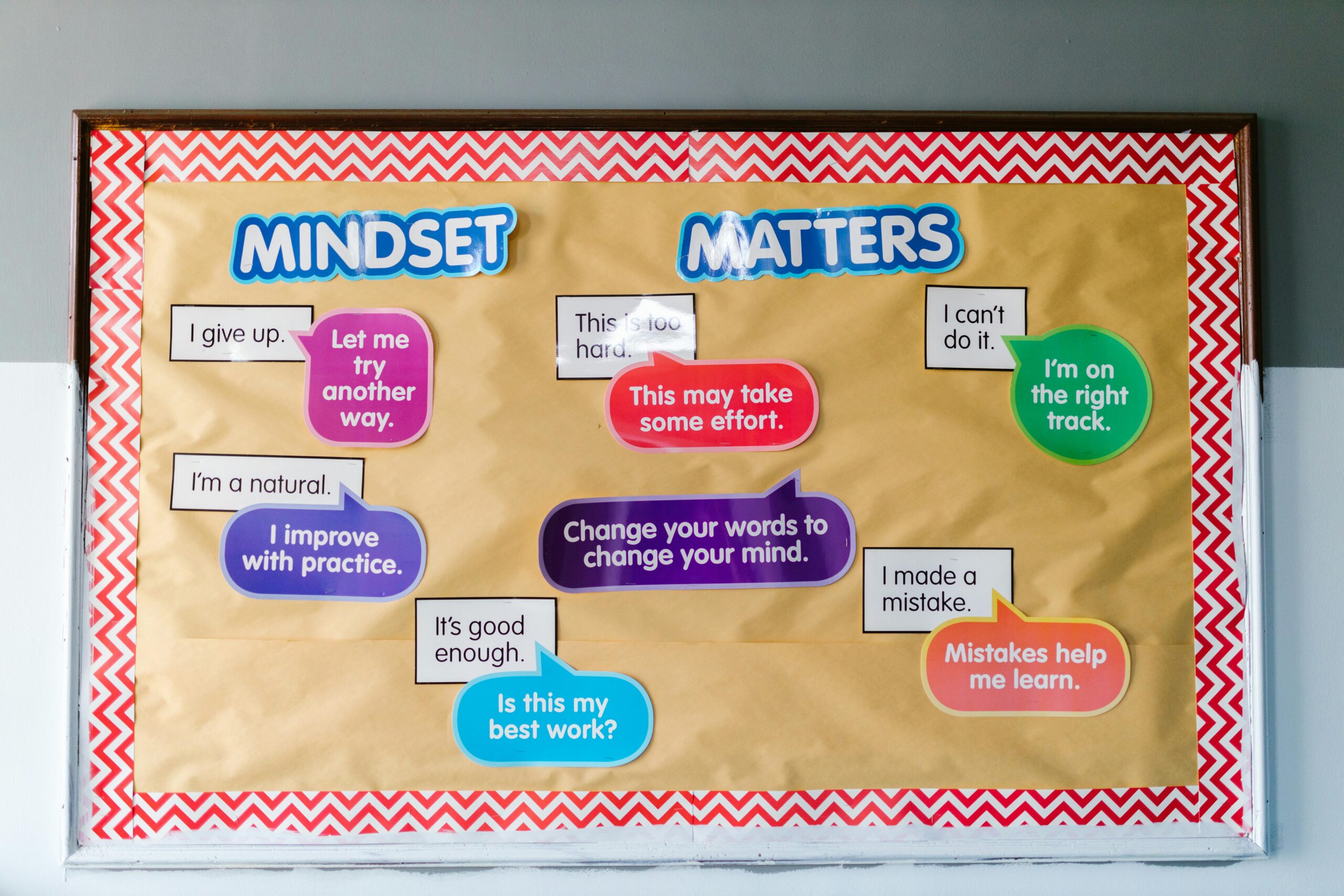
How do you motivate athletes? Two words: Growth Mindset.
Growth mindset has been a popular phrase in education for a long time. Carol Dweck, a psychologist, made the phrase mainstream in helping people find success, especially young students. A growth mindset is the exact opposite of a fixed mindset. A fixed mindset means you are who you are. You stink at math. You are no good at soccer. You are terrible at hockey. A growth mindset means that you can improve in every area with hard work and help.
Dweck has applied this to an academic setting. Studies have been done to show how students with a fixed mindset tend to run from the challenge. Students who have a growth mindset, have more of a “yet” mentality. This means that if they haven’t mastered a task or had success in an area, they do not run from it; they simply assume they haven’t mastered it “yet.” What this does is provide motivation to continue to improve and not get discouraged.
Athletics provides us another avenue to exercise and develop a growth mindset. Too often beginners show up to a new sport or practice and become extremely frustrated that they are not naturally good. Fixed mindset athletes quit. Other athletes, as they progress up through levels, get extremely frustrated that they are weak in certain areas. Maybe they aren’t as fast as their peers? Maybe not as strong? Maybe they don’t throw as hard? Maybe they can’t grasp the playbook as well or understand key concepts? In these cases, we do not want our athletes to shut down and run. We do not want them to chalk it up to, “I’m just not good at [insert sport].” We would rather have a team full of growth mindset athletes.
How can we, as coaches, help to foster a growth mindset? There are so many blog posts we can (and will) have on this subject. The overarching theme in the growth mindset for most athletes is putting them in a position to succeed – which usually means playing to their strengths. This does not mean we do not work on weaknesses, but coaches must find out what athletes are good at. There are very few “five tool” players out there.
No sport caters to feeding a growth mindset more than football. Football is one of the only sports where half of the players never even touch the ball during a game. You can be an outstanding football player – win All State honors – and not be able to throw or catch a ball. Football has positions based on physical traits and ability. You may be big and strong – play the line. You may be small and fast – you can play running back or receiver. You have a strong leg but can’t catch? The team needs a kicker. Football allows players to grow off of what they are good at.
As coaches, it is our job in whatever sport we are coaching, to encourage athletes to grow in all aspects of the game. Not every athlete can do everything well. Find out what they do and allow them to have success in that area.
We had a baseball player on one of our teams who was really struggling at the plate. He hit .125 the previous year and was unsure if he wanted to continue playing the sport. He was entering his senior year and knew he only had one year of high school baseball left – and one year of competitive baseball left in his life. He played great defense and was extremely fast.
At the beginning of his senior year we had a conversation that he should work on bunting. With his speed, would be able to make things happen by bunting and getting on base. He was reluctant at first. He viewed it as a slap in the face. He wanted to hit like the other seniors. After some convincing, he started bunting in games. He finished his season batting over .350 – mostly with bunt singles. He actually had a bunt late in the season that propelled us to the state playoffs.
Instead of running from the sport, he embraced a new skill and had a heck of a senior season. His experience playing the sport not only allowed him to grow, but helped the team as well.
Growth mindset is such an important part of life. Developing it during athletics is a skill that players will take with them forever. As coaches, we have to approach each practice and game with the goal of instilling a growth mindset with our athletes. Do not focus on the negative. Allow them to make mistakes and figure out ways, together, that they can improve. Have them find success in areas they excel at. Use that as motivation for helping to improve their experience and attitude.
There is way more to come in this area.

Leave a Reply